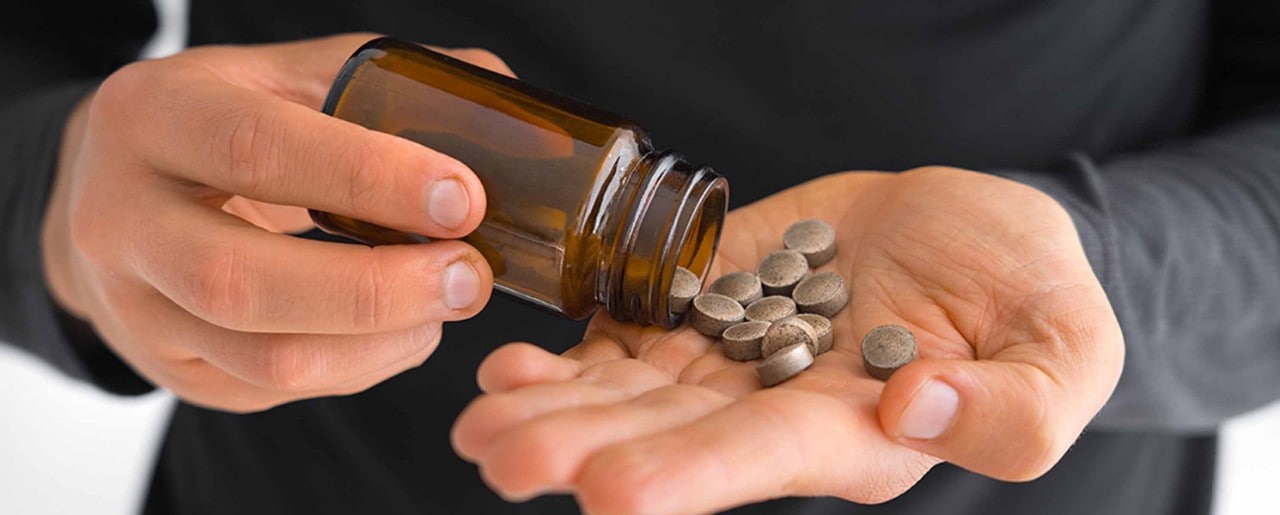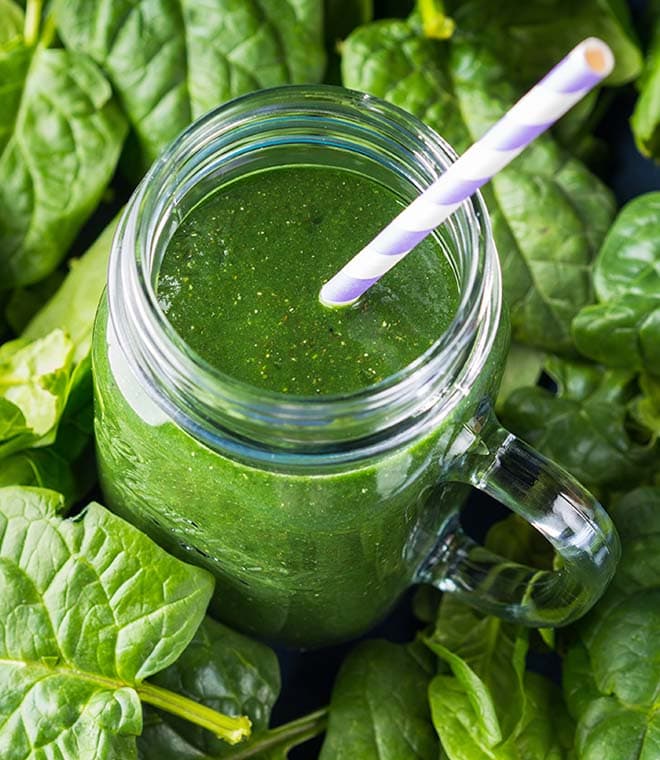Wellness
Iron supplements: Benefits, dosage and side effects
By Jordan Shute, MS, RD, LD Sep 26, 2023 • 7 min
Iron is an important mineral that we all need to stay healthy. One of its key jobs is to help our blood carry oxygen throughout the body. You can find iron in many different food sources, such as chicken, red meat, fortified cereals and beans. For those who don't get enough iron through diet alone, an iron supplement may be recommended. It's important to understand the benefits, dosages and side effects of iron supplements.
What are the benefits of iron supplements?
The main benefit of taking iron supplements is to lower your chance of developing iron deficiency anemia, which can be diagnosed when people have very low levels of iron in the blood. If you think you might be at risk of developing iron deficiency anemia, talk with a healthcare provider before taking a supplement. They'll be able to test your iron levels and help you assess your intake from food sources.
What is the correct dosage for iron supplements?
The dose of iron supplementation will vary depending on age, gender and health factors. Your healthcare provider will give you directions on how much to take and for how long. The daily recommended intake of iron for age and gender is:
- Birth–6 months: 0.27 mg
- 7–12 months: 11 mg
- 1–3 years: 7 mg
- 4–8 years: 10 mg
- 9–13 years: 8 mg
- 14–18 years: 11 mg for men, 15 mg for women
- 19–50 years: 8 mg for men, 18 mg for women
- 51 years and older: 8 mg
- Women who are pregnant: 27 mg
- Women who are breastfeeding: 9-10 mg
The iron in our body is called elemental iron. The iron in supplements can come in different forms. Make sure to read the supplement label for "elemental iron" to see how much iron you're taking with each dose.
Can you take too much iron?
Iron can be toxic at high doses. There is a Tolerable Upper Intake Level (UL) for iron, which is the amount that can be taken daily without causing severe health effects. The UL for iron in children under 14 is 40 mg. For those who are age 14 and older, it's 45 mg.
What if I'm pregnant?
The recommended daily intake of iron for pregnant women between the ages of 14 and 50 years is 27 mg. Pregnancy increases the number of red blood cells needed by the body, and these extra cells need the iron to carry oxygen to your baby.
How to take iron supplements
All iron supplements should be taken as directed by your healthcare provider. It's generally recommended to take iron supplements on an empty stomach for better absorption.
If you find this gives you an upset stomach, you can take your supplement with a little bit of food. Iron should be taken separately from antacids, caffeine, calcium supplements or foods containing calcium, such as milk, yogurt and cheese.
These supplements, foods and drinks may decrease the absorption of iron.
Vitamin C can help with iron absorption. So when taking an iron supplement, it may be a good idea to also take a vitamin C supplement or food or drinks that are high in the vitamin, like orange juice, sweet peppers and tomatoes.
Note that if you're taking certain medications, they can be affected by iron supplements, just as some medications can have a negative effect on iron levels. It's important to speak with a healthcare provider about your prescribed medications and any other supplements before you start taking iron.
What are the side effects of iron supplements?
Iron supplements may cause side effects, including stomach discomfort, constipation, dark stool and nausea. An iron supplement of 25 mg elemental iron or more a day can also cause your body to absorb less zinc. Zinc is an important mineral for a number of roles, including immune system function and wound healing. Because iron can be toxic in large amounts, be sure to store iron supplements out of the reach of children.
Iron supplements may be beneficial for certain individuals who can't get adequate iron from their diet. Speak with your healthcare provider for a full evaluation and recommendations before taking an iron supplement.
Clinically reviewed and updated by Julie McDaniel, MSN, RN, CRNI September 2023.
Sources:
- https://ods.od.nih.gov/factsheets/Iron-HealthProfessional/
- https://www.mayoclinic.org/diseases-conditions/iron-deficiency-anemia/symptoms-causes/syc-20355034
- https://ods.od.nih.gov/factsheets/Iron-Consumer/
- https://www.mayoclinic.org/drugs-supplements/iron-supplement-oral-route-parenteral-route/proper-use/drg-20070148
- https://ods.od.nih.gov/factsheets/Zinc-HealthProfessional/
- https://medlineplus.gov/ency/article/007478.htm




